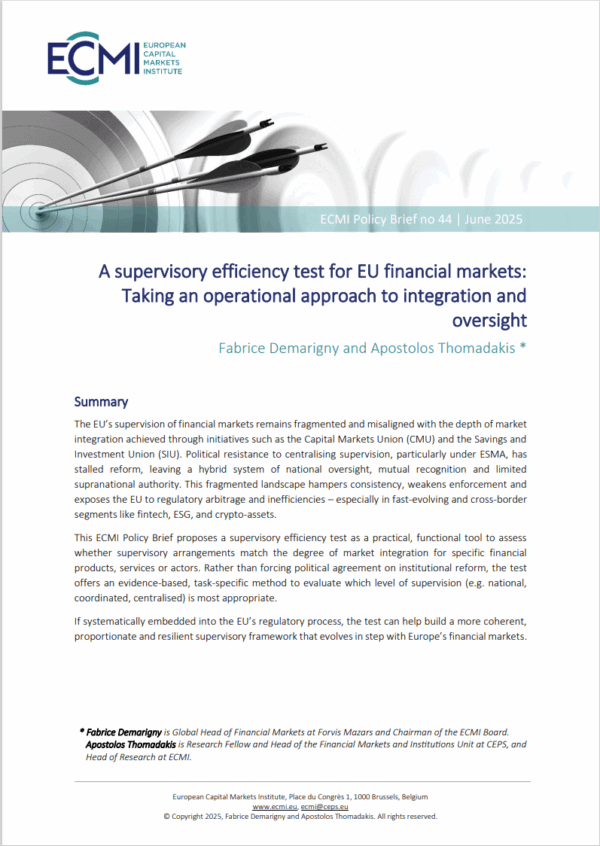Looking back to 2022, GDP growth in most EU countries was robust, carrying over from a strong 2021. Although new temporary measures to tackle inflation and rising energy costs have had an impact on 2022 budgets, general government deficits are expected to slightly narrow compared to 2021, due to the phasing out of pandemic measures. National IFIs, however, remained concerned about budgets and measures not being well targeted, and in some cases being too expansionary.
Looking towards 2023, uncertainties remain high due to the war against Ukraine, stubbornly high prices, increasing interest rates and a general economic slowdown across Europe. National IFIs have continued to be challenged by a lack of transparency on policy measures at both EU and national levels. Overall, they remain vigilant about fiscal risks and an ongoing reliance on poorly targeted measures.
The Commission’s proposals as part of the Economic Governance Review are welcome, but additional information is needed on how they would work in practice and what the timeline to reach political agreement will be. As countries navigate a complex set of shocks, it is important that clarification is provided about what the EU budgetary regime will look like in 2024. The increasing recognition of the role of national IFIs in the future framework is welcome, but must be carefully implemented and supported by measures to ensure all IFIs are able to fulfil their potential.








